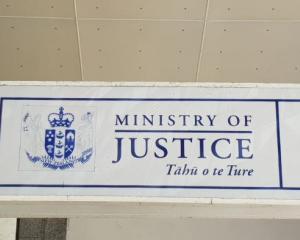
Investigations are continuing which may result in other cases – but the overall risk of mpox to New Zealand remains low, Minister of Health Shane Reti said.
"These cases and other people potentially exposed to mpox during the festival are being supported by the National Public Health Service and Sexual Health Services," Dr Susan Jack, national clinical director, Protection National Public Health Service said.
In response, the government said it was taking steps around the country's response to the virus, including widening access to vaccine availability.
Mpox vaccine Jynneos has been given provisional approval by Medsafe.
Jynneos has been used in New Zealand since 2023 to prevent mpox for those at greatest risk, under a specific provision in the Medicines Act, Dr Reti said.
"Mpox is obviously a global public health concern at present, and while the overall risk in New Zealand remains low, it’s important our country is responding appropriately and has monitoring and resourcing in place," Dr Reti said.
Medsafe said the provisional approval, based on the information provided by Health New Zealand, means the vaccine meets acceptable standards for efficacy, quality and safety when used for groups at risk of mpox.
"I am informed by health officials that the focus of the response at this stage is on minimising the spread of mpox through preventative treatment measures and proactive communications," Dr Reti said.
"As the mpox virus can spread through close contact (including intimate / sexual contact) with a person with mpox, we also strongly urge anyone with symptoms to refrain from sexual activity and seek support," Dr Jack said.
Globally, mpox has mostly affected the following groups, who are at greatest risk of contacting it:
• Gay, bisexual and other men who have sex with men (MSM)
• People who have sex with MSM — this may include people of any gender or sexual identity, whether they are transgender or cisgender, and non-binary people. There is also higher risk for those with multiple anonymous sexual partners.
Others who are at risk include those who are at occupational risk of exposure, including healthcare workers who are travelling to provide relief to areas where there are outbreaks of mpox.
People at greater risk of mpox can book a consultation with a health professional at a sexual health service to discuss prevention options, including vaccination.












